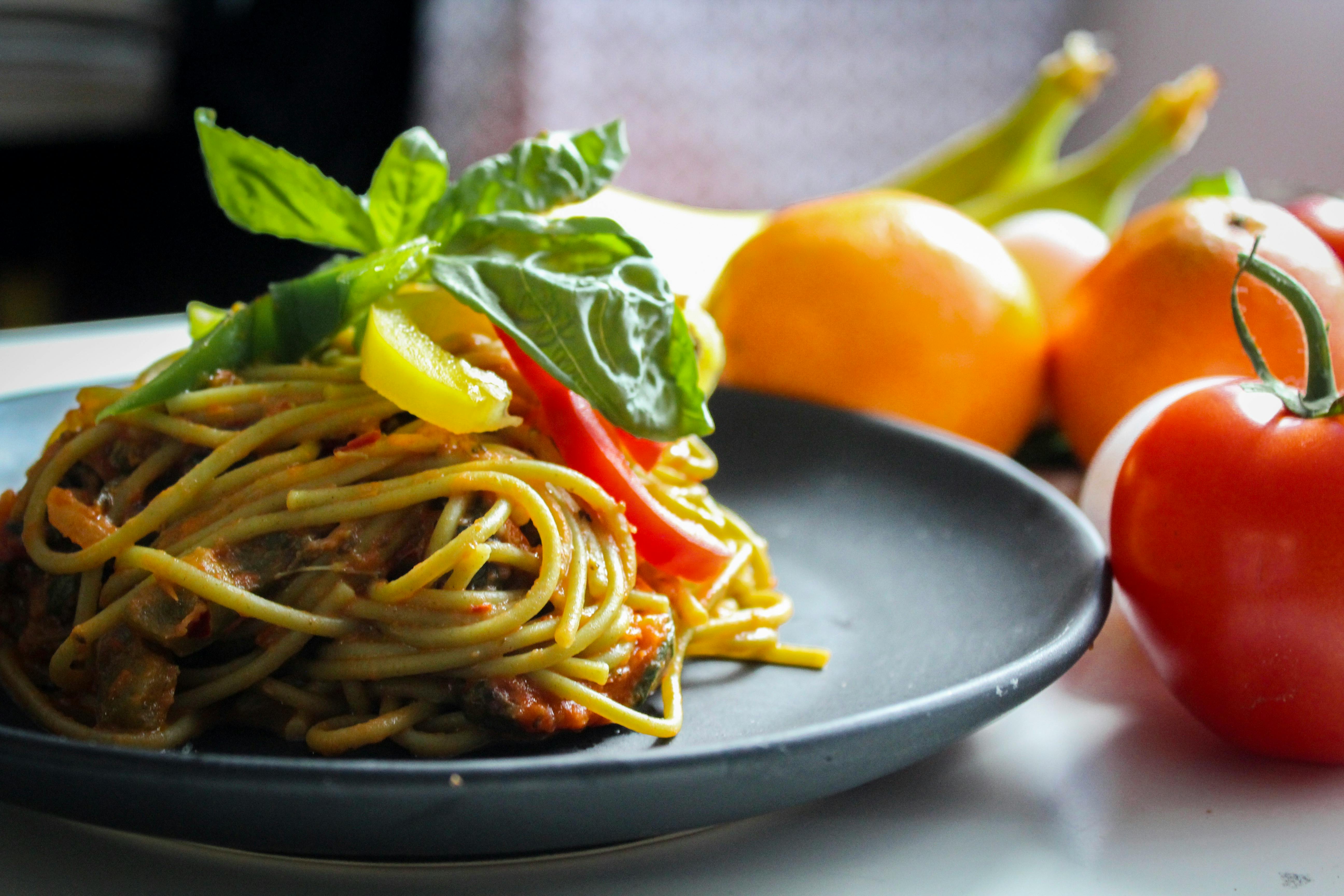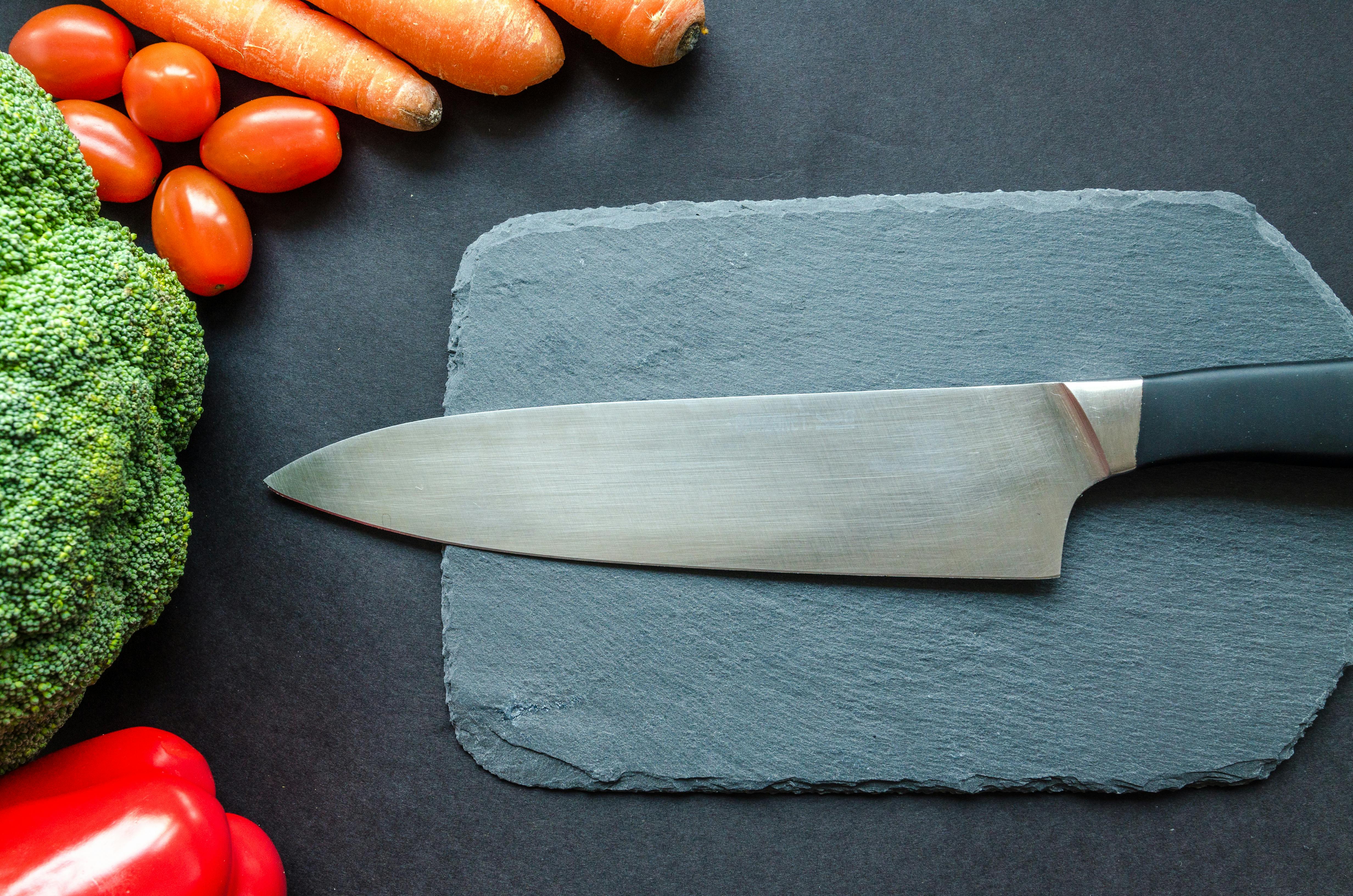Growing tomatoes in the kitchen garden is a rewarding experience for any gardener. Tomatoes are one of the most popular vegetables to grow, and they are relatively easy and quick to harvest. With some basic knowledge and preparation, you can have a successful tomato harvest in your kitchen garden. In this guide, you will learn all the necessary steps for growing tomatoes in your kitchen garden. From choosing the right variety of tomatoes to preparing the soil and planting your seeds, we will cover all the basics so that you can start growing tomatoes in no time!Preparing the garden for growing tomatoes involves several steps:
1. Choose a sunny location that has well-draining soil. Tomatoes need at least 6-8 hours of direct sunlight per day and prefer soil with a pH between 6.0 and 7.0 for best growth.
2. Amend the soil with organic matter such as compost or well-aged manure to add nutrients and improve drainage.
3. Till the soil to a depth of 10-12 inches to provide good aeration, water penetration, and root support for the tomato plants.
4. Plant your tomatoes in
What Type of Soil is Best for Growing Tomatoes?
Tomatoes require well-drained, nutrient-rich soil in order to thrive. The ideal soil for growing tomatoes should be slightly acidic, with a pH of 6.0-6.8. Sandy soils are the best type for tomatoes because they have good drainage and allow roots to easily access nutrients. Loam or clay soils should be amended with organic material such as compost or peat moss to improve drainage and aeration. The soil should also be enriched with nitrogen, phosphorus, and potassium to ensure
Planting Tomatoes in the Garden
Planting tomatoes in the garden is a rewarding experience that can lead to a delicious harvest. Tomatoes are relatively easy to grow, but there are some things to keep in mind when planting them. Here are some tips for getting your tomato plants off to a good start.
The first step is to choose a site in the garden where tomatoes can get plenty of sun. Tomatoes need at least six hours of direct sunlight per day, so choose an area that gets plenty of sunshine throughout the day.
How to Water Tomato Plants
Tomatoes need plenty of water to grow and produce a good crop. Knowing how much and when to water your tomato plants is important for successful gardening. The amount of water needed depends on the soil type, size of the plant, and climate conditions. Here are some tips for watering tomato plants correctly:
First, make sure you have well-drained soil. Tomatoes don’t like wet feet, so ensuring that the soil is well-draining will help prevent diseases from developing in the roots.
https://images.pexels.com/photos/769969/pexels-photo-769969.jpeg
Tips on Fertilizing Tomato Plants
Fertilizing tomato plants is essential to ensure they get the nutrients they need to thrive. Without the right nutrients, your tomato plants will not produce as much fruit and may not even survive. Here are some tips on fertilizing tomato plants that will help you get the most out of your garden:
The first step in fertilizing tomato plants is to choose a fertilizer specifically formulated for tomatoes. Different types of plants require different types of fertilizer, so it’s important that you select one

Managing Pests and Diseases in Tomato Plants
Tomato plants are vulnerable to pests and diseases, which can cause serious damage to the crop. The most common pests and diseases that affect tomatoes include aphids, whiteflies, powdery mildew, and blossom-end rot. To prevent these pests and diseases from occurring or spreading, it is important to practice good garden hygiene and use preventive measures such as crop rotation and the use of organic controls. Additionally, it is important to inspect your tomato plants regularly for signs of pest or disease damage.
<
Pruning
Pruning tomato plants is an important part of their care. Pruning helps to encourage healthy growth, remove dead or diseased foliage, increase air circulation and promote fruiting. It also can help to train the plants to a more desirable shape, allowing for better support and easier harvesting. Pruning should be done regularly throughout the growing season, starting when the plants are young and vigorous. The best way to prune tomatoes is to pinch or snip off any shoots that are growing in an undesirable direction, such as towards the ground. This will help
How to Harvest Tomatoes From the Garden
Harvesting tomatoes from your garden can be an exciting and rewarding experience. It’s important to know when to pick them so they’re at their peak of flavor and ripeness. With a few simple tips, you’ll be able to enjoy delicious, home-grown tomatoes all season long.
The best time to harvest tomatoes is when they are fully ripe and have changed color from green to red or orange, depending on the variety. You can also tell when a tomato is ripe by gently squeezing it

Conclusion
Growing tomatoes in your kitchen garden is a rewarding and enjoyable experience. With the right soil, adequate sunlight, and the proper care, you can harvest delicious tomatoes all summer long. As you can see, growing tomatoes does require some planning and effort. However, if you follow the steps outlined above, you will be sure to reap the rewards of growing your own tomatoes.
Take your time to ensure that you have the right soil and water conditions in place before planting your new tomato plants. Research different varieties of tomatoes to find ones that are suited to your climate
